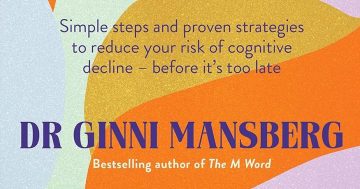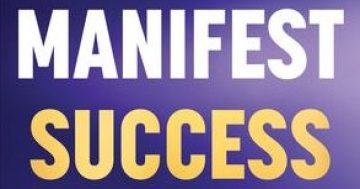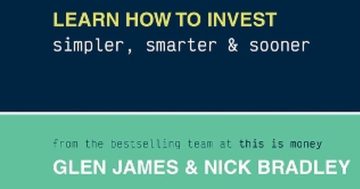Dawn Ridler* says that understanding brain plasticity can help us build wealth by rewiring our thinking so that we find saving a real pleasure.

Photo: metamorworks
At the most basic level, the only way to grow wealth is to earn more than you spend and save the rest.
If you can get that wealth equation to work for you, then you’re not going to have to worry about financial independence at any time in your life, but we all know that life happens, and more importantly emotions happen.
Humans are complicated, add money into the equation and it really becomes a mystery.
Money has the power to completely change someone’s character, and let’s face it, it is also one of the major motivations for murder.
We all have a money mindset, and often that is deeply entrenched in how we’ve been brought up, or challenges we have had to face getting to this place.
That doesn’t mean to say that that mindset cannot be changed, the brain is a powerful thing, and more importantly it has plasticity, the ability to grow new connections all our life.
We might have the most neurons we ever are going to have at birth, but considering we only ever use 5 per cent of that brain, we have billions of “spare parts”.
If you’ve ever been in the country, you’ll probably be aware of barren areas, usually caused by overgrazing by animals (wild or domesticated).
If these spots are in arid areas, they can become part of a desert — but it doesn’t have to stay that way.
With the right conditions even a desert can turn into a spectacle of wildflowers — even for just a couple of weeks.
In those short weeks the plants flower, collect energy (via the leaves) and produce millions of seeds that fall onto dry ground, and wait for the next rains.
This is nature’s way of adapting to conditions — and humans can too.
Building up a habit is the equivalent of walking a well-worn path in the brain, so deep it can become a rut.
When we’re out and about, we naturally walk down paths, they are easier and more comfortable — the same with our habits.
We are often oblivious to our habits — how we dress, eat or talk.
We all have money habits that we are probably just as oblivious of, and most of those are wrapped up in emotion.
Do you get a sinking feeling in your stomach at the beginning of the month when notification after notification signals the decimation of your bank account?
There is a very good reason stores have payday specials — it isn’t that we are all looking for a great deal, we’re often looking to get a retail therapy high — because we deserve it.
Most of us boost our self-esteem with physical things we wear, drive or live in — that hasn’t changed, what has changed is the social media platform where all that and more can be “shown off”.
Somehow, unless you take a selfie of yourself in an exotic place, eating a magnificent meal or attending an extravagant event — then it never happened, and there is no memory of it.
Consumption, aka spending, is conspicuous.
You can take a selfie of it, or of you doing it — and be rewarded by “wow” or “love” emojis, all giving your self-esteem a nice little boost of serotonin.
Saving is silent.
We don’t screen save our bank statements or investments.
There is no validation for your good saving — only for your consumption.
Habits are continually reinforced because they are easy, or because they give us pleasure (and the brain hormones of course play a part).
The brain rewards us for taking the path more travelled, getting the brain to take another route is stressful, and often downright unpleasant.
One obvious pathway to wealth is to get pleasure out of saving, not just consuming.
That saving needs to be smart, not just effective.
* Dawn Ridler is an independent financial advisor and the founder of Kerenga and the wealth ecology concept. She tweets at @dawnridler.
This article first appeared at www.biznews.com.











